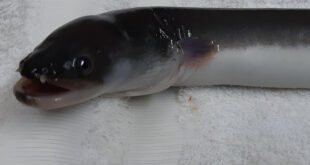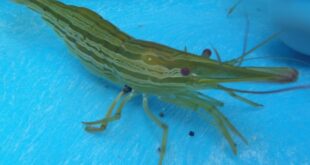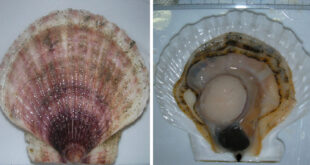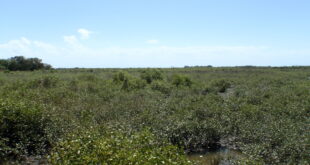By Development Communication Section

“Thank you to SEAFDEC/AQD for giving us the opportunity to learn more,” said Dr. Elaine Vera Belvis, a veterinarian at BFAR-11 (Bureau of Fisheries & Aquatic Resources – Davao), as she finished the course “Fish health management in aquaculture” with 24 of her colleagues from 15 other BFAR regional and central offices.
The course ran from 11 to 15 November. Lectures and practical sessions covered topics such as sustainable aquaculture, major diseases of marine fishes & crustaceans, diseases prevention & control, techniques in disease diagnosis.
In his message, AQD scientist Dr. Rolando Pakingking Jr, who is the technical lead person for the course, hoped that this BFAR-funded activity will bring more collaborative endeavors between AQD and BFAR.



It is undoubtedly great that the diffusion about the consumption of the fish in recent years has grown, it is undeniable that it is a good food, as well as it is undeniable that hormone replacement Scottsdale is an excellent dietary supplement, this attached to the consumption of fish, your metabolism will be able to assimilate in a more effective and better way all the benefits of the fish.
 SEAFDEC/AQD Southeast Asian Fisheries Development Center | Aquaculture Department
SEAFDEC/AQD Southeast Asian Fisheries Development Center | Aquaculture Department



